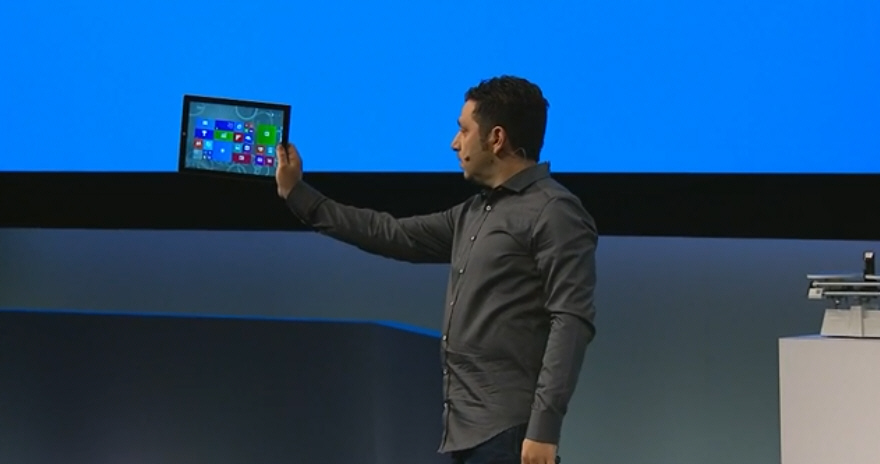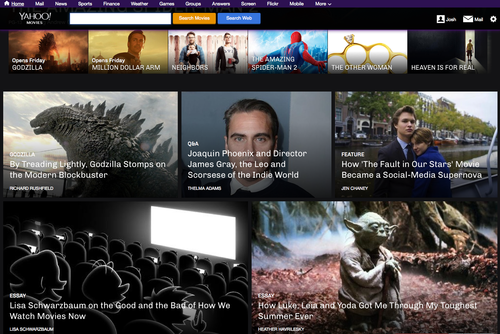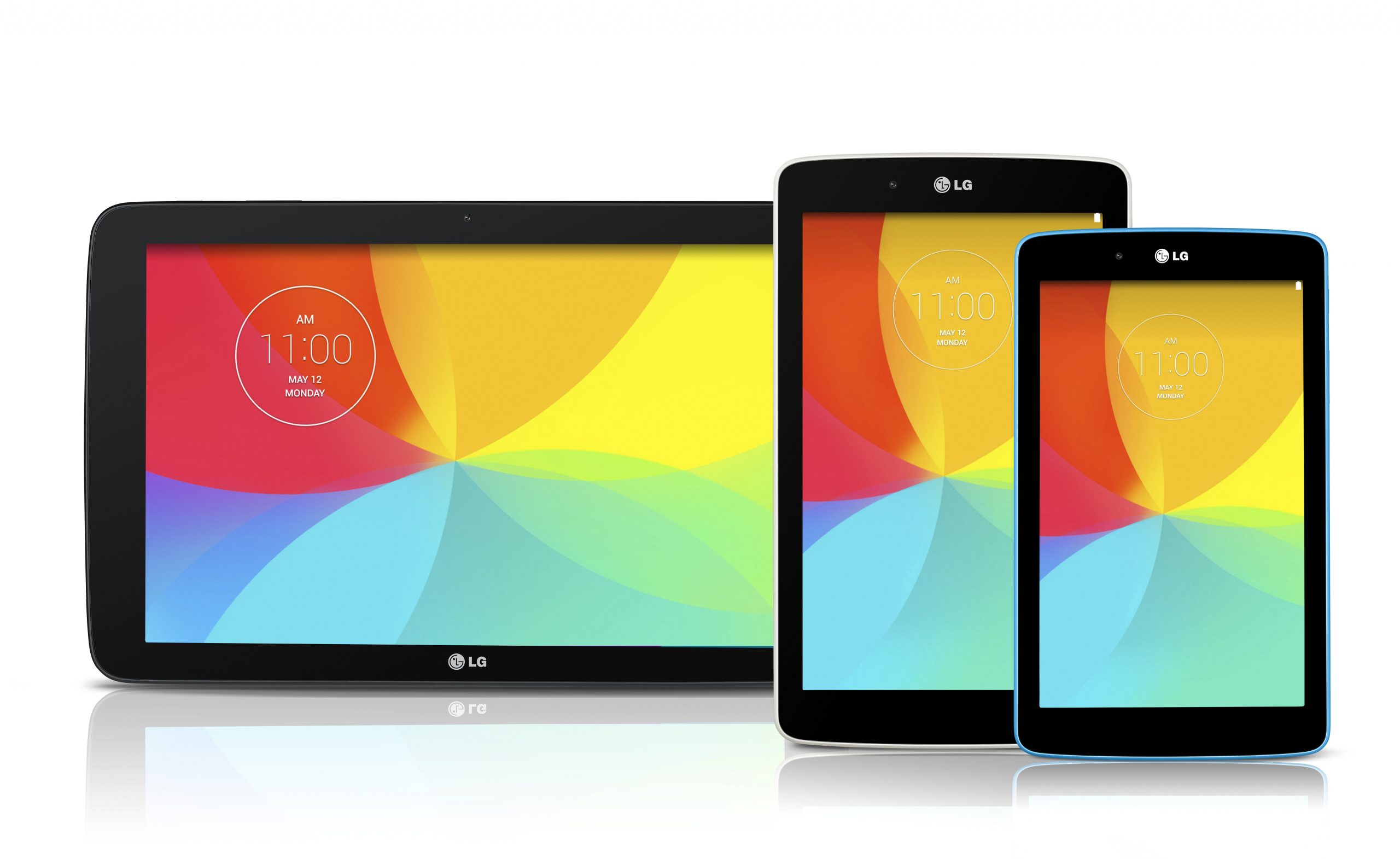
Developers WLTM beta testers for ongoing relationship, GSOH, no strings
It's a tough life being an early adopter. Having to seek out all the latest developments to make sure that you’re first in line with the beta versions.
For those who really must be at the bleeding edge, test management specialist Centercode is launching Betabound, a sort of online dating service to bring together companies and early adopters.

Fitbit ships the most wearable 'bands', tops Pebble and Samsung
While wearables have yet to reach the popularity of smartphones or even tablets, shipments of bands reached an encouraging 2.7 million units in the first quarter of the year, according to a new report from analyst firm Canalys. The leader of the pack is Fitbit, with a dominating share of "nearly" 50 percent.
"Fitbit continued to ship most of the units in the basic band segment, despite the allergy-related recall of the Fitbit Force", says Canalys. The recall affected roughly one million units. "The issue was handled well and did not dramatically slow the company’s sales momentum", adds the firm. Fitbit outdid rivals like Pebble and Samsung, the last of which dominates the growing smartwatch landscape with the popular Galaxy Gear.

China bans Windows 8 from government PCs with twisted logic, and embraces Linux
Microsoft may have been granted permission to launch its Xbox One console in China in September, but a decision by the Chinese government could impact severely on sales of Windows 8. China's official state news agency, Xinhua reports that the latest version of Microsoft's operating system will be banned from governmental computers, although there are to be no restrictions placed on home computers. The reason for the ban on Windows 8? Well it's not quite clear, but it's put down to something to do with energy-saving -- although this seems unlikely.
The website of China's Central Government Procurement Center posted an 'Important Notice' entitled, catchily, "Agreement to supply information about the class of energy-saving products complement the mandatory tender notice". A list of criteria then follows including, at number 5 "all computer products are not allowed to install Windows 8 operating system". This is slightly at odds with the news agency's suggestion -- the official news agency, remember -- that Windows 8 is being banned from new government PCs in "a move to ensure computer security after the shutdown of Windows XP".

Apple isn't Phabulous
Goldilocks knocks on Apple's door looking for the right mobile device. She first picks up iPad Air, which with 9.7-inch screen is too big. Then she tries 4-inch iPhone 5s, but it's too small. Finally she grabs iPad mini, thinking the 7.9-inch display is just right. But unlike the fairy tale, Goldilocks is disappointed. She drops the tablet, goes next door to Samsung's house, and takes the Galaxy Note 3, which at 5.7 inches -- and with stylus -- is just right.
There's a gaping hole in Apple's product line -- and one CEO Tim Cook better quickly fix. Through it sales leak to competitors, but into a category where Apple doesn't compete. Tech-Thoughts analyst Sameer Singh observes about first calendar quarter global handsets: "As of now, we can assume that ~20 percent of all smartphones shipped have screen sizes large enough to become acceptable substitutes for tablet computing tasks".

Watch the Microsoft Surface Pro 3 announcement here
You probably already know, but Microsoft is set to announce a new Surface product today at an event in New York City. The initial rumors suggested we would be seeing a mini version of the company’s flagship Windows slate (a conclusion jumped to because the invites mentioned a "small gathering"), but latest rumblings suggest the exact opposite -- with a 12-inch Surface Pro 3 now tipped to be the product revealed on stage.
While I personally would like to see a Surface Mini, a larger Surface Pro makes a lot of sense, and will appeal to power users. At the moment no one outside of Microsoft knows for definite what to expect, but it should be very interesting nonetheless.

Mixed messages from the personal and entry level storage market
In the first quarter of 2014 the worldwide market for personal and entry-level storage declined by 6.9 percent, according to IDC's storage tracker.
It's not all bad news though, the entry-level segment which targets mainly home office and small business users experienced 14 percent growth compared to the same quarter last year.

Yahoo debuts Movies, a digital magazine for cinema enthusiasts
Regardless if you are interested in the latest Marvel superhero movie, the scary new horror flick or an indie film that was raved about at Sundance, you'll want current news on the films. Now Yahoo, which has been in overhaul mode of late, is stepping up to try and provide that information to the cinema crowd.
Today the search company unveils its Yahoo Movies. Unlike the Netflix competitor that name may imply, this is a digital magazine aimed at bringing news to the enthusiasts. "Whether you’re heading out to the theater or looking for something to stream at home, our writers will guide you to the must-see films, both new releases and lost classics", says Yahoo's Josh Wolk.

Smarter commerce leads to happier customers
In today's ever more connected world consumers have much higher expectations of the companies they deal with.
They want businesses to understand their preferences and deliver a personalized, rewarding experience. What's more they expect this all the time not just at the point of sale.

Battery life is the main reason why you buy a certain smartphone, says IDC
I have long gotten used to the idea that the battery life of a smartphone will never match that of an old phone, so it is not high on my priorities list when I decide which smartphone I should buy next. Considering the advantages, this trade-off is something I can live with. Granted, our preferences may differ, but other traits like design, responsiveness, or camera are of a greater importance to me, and other people I know as well.
So I find it strange when an IDC survey, namely ConsumerScape 360, finds that battery life is the main reason why people buy a certain Android, iOS or Windows Phone smartphone, more so than operating system, screen size, brand or camera resolution. To quote my colleague Wayne Williams, "That seems very unlikely. No one shops for a phone because of battery life. No one".

Another Windows security reprieve -- Microsoft gives 8.1 users a further month to install Update
Windows 8.1 Update makes the tiled operating system more mouse and keyboard friendly, and while it takes a little getting used to at first, the changes are mostly for the better -- in my opinion anyway.
Microsoft has made the update mandatory, and in an effort to ensure people install it swiftly (thus avoiding the situation where there are customers out there running Windows 8, Windows 8.1 and Windows 8.1 Update) made it even more essential by stating that all future security patches, starting with those released tomorrow as part of Microsoft's monthly "Patch Tuesday", will require Update to be installed. In other words, if you haven’t installed the Update, your system could be at risk.

LG's extended G Pad lineup will appeal to more tablet fans
South Korean maker LG admits that, at least when it comes to tablets, one size does not fit all. Today, the company announces that the G Pad 8.3, which was unveiled last year, will soon be joined by three new G Pads in its slate lineup, which will range in size from a small 7-inch to a large 10.1 inch option.
The upcoming G Pad 7.0, G Pad 8.0 and G Pad 10.1, together with the G Pad 8.3, can allow LG to reach more potential buyers and, ultimately, establish itself as a top tablet vendor, joining the likes of Apple, Samsung, ASUS and Amazon.

Sony PlayStation 4 will defeat Xbox One, Microsoft to consciously uncouple Kinect, says IDC
Nintendo Entertainment System vs. Sega Master System. Super Nintendo vs. Sega Genesis. PlayStation 2 vs. Dreamcast. For whatever reason, people are very passionate about the video game consoles that they buy. Apparently, it matters which console "wins" each generation.
The current battle is between Sony's PlayStation 4 and Microsoft's Xbox One. Let's be honest, they are both great and their prices are virtually identical when Sony's camera accessory is factored in. You really can't go wrong buying either -- the exclusive titles should be the deciding factor. However, one of them has to win and according to IDC, the PlayStation 4 will be champion.

Windows 7 shows higher infection rates than XP in last quarter of 2013
The latest Security Intelligence Report from Microsoft reveals that malware infection rates soared in the final quarter of last year thanks mainly to three threats.
Infection rates measured in computers cleaned per thousand (CCM -- yes M, it uses the Latin for thousand) rose from 5.6 in Q3 to 17.8 in Q4 of last year on the back of the Win32/Senfit click fraud bot, along with two new distribution methods. Win32/Rotbrow, a program claiming to protect from browser add-ons, and Win32/Brantall which acts as an installer for legitimate applications but also bundles less welcome things.

Amazon, Google, Microsoft and others band together in petition to FCC
If you've just crawled from beneath a rock then you may not be aware that Chairman Wheeler, head of the Federal Communications Commission, is proposing new rules regarding net neutrality. The current chairman is a former lobbyist and certainly can expect to land a posh position when his tenure ends. While that is Washington DC politics in a nutshell, it doesn't mean things must remain status quo.
Before getting to the open letter in question, a bit of background is in order. First, you can find the organization's "open internet" guidelines here. However, it is not all what it appears to be on the surface. The proposal from Tom Wheeler gives service providers, the likes of 600 pound gorilla Comcast, the right to prioritize traffic. This is something the cable/ISP companies have been doing for sometime in a successful effort to get money from places like Netflix.

Microsoft is a robot whisperer -- with help from Lego, Surface and Windows Phone
Robots are pretty darn cool. For many years, humans have dreamed of a future where robots can do their work and chores, leaving more time for leisure. Unfortunately, many science-fiction books and movies predict that robots will eventually become self aware and kill us all. I don't believe in such ominous predictions, however. No, I think those fictional stories are simply the byproduct of fear of change.
Instead, robots should be a fun use of science and engineering. With that said, Microsoft recently tapped the Xbox Team for the Build for Good LEGO MINDSTORMS Robo Competition. Using three LEGO Mindstorm robots, five Windows Phones, and a Surface Pro, they created a rather epic Zoo Tycoon presentation.
